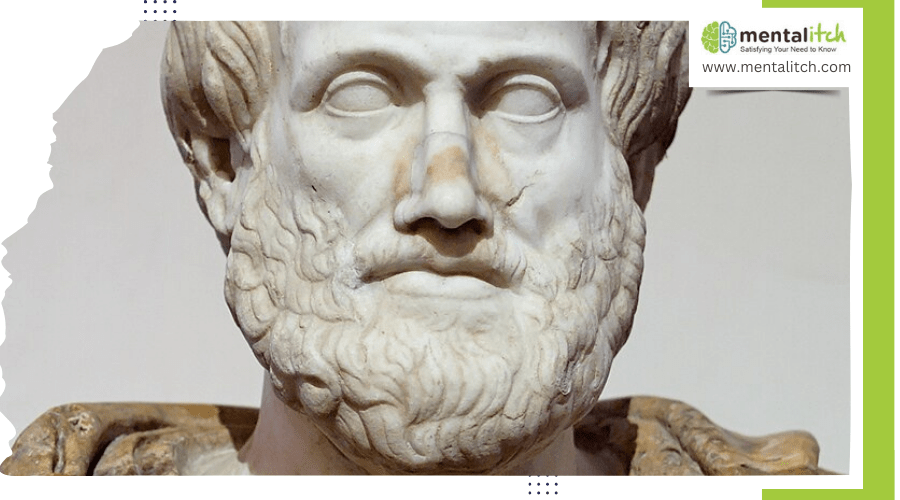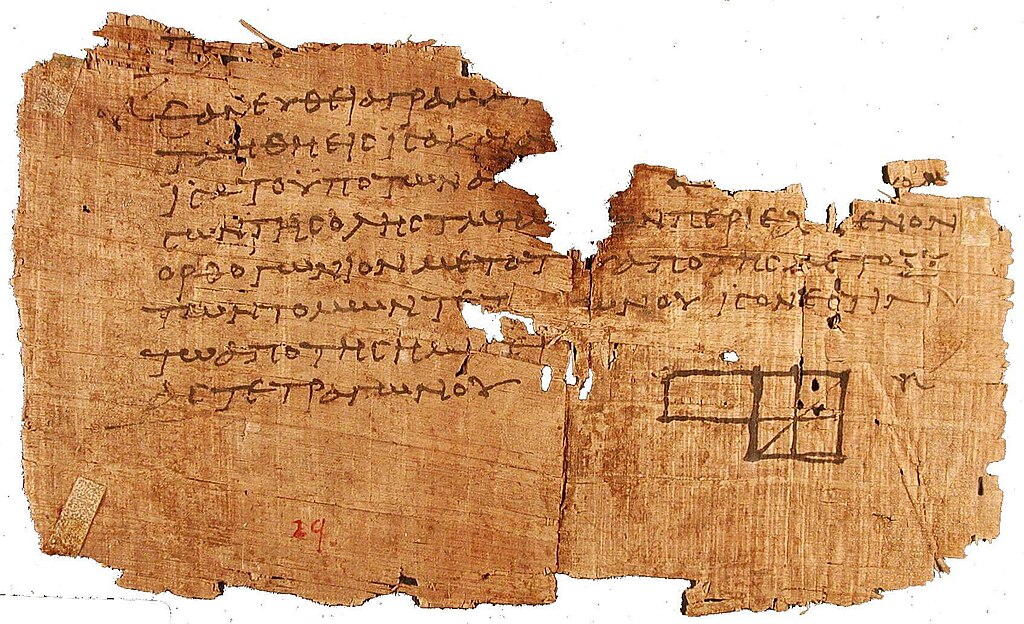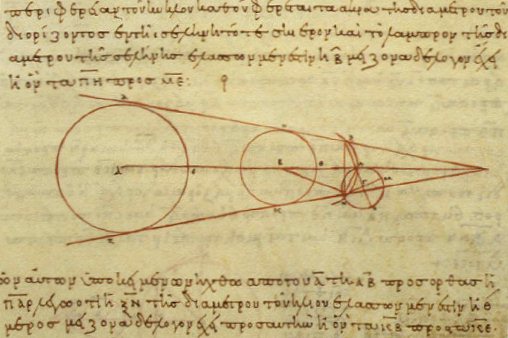Nearly 60% of the scientific terminology we use today is derived from Ancient Greek, illustrating the profound impact these early thinkers had on modern disciplines. You might find it fascinating that figures like Aristotle laid the groundwork for empirical methods, emphasizing observation and experience over speculation. Their rigorous approach to questioning the natural world not only revolutionized their own era but also set the stage for centuries of scientific exploration.
As you explore further, you’ll uncover how these ancient foundations continue to influence our quest for knowledge, reminding us that the roots of today’s scientific achievements stretch far back into history.
The Birth of Natural Philosophy
In the 6th century BCE, ancient Greek scientists, also known as natural philosophers, began shifting away from mythological explanations to explore natural causes for phenomena, paving the way for modern science. You’re entering a world where figures like Thales of Miletus weren’t just curious; they were revolutionary, challenging the very fabric of understanding that had been knitted together by myths and legends. These ancient Greeks weren’t content with stories of gods and monsters; they sought to uncover the truths hidden within nature itself.
Their approach was radical. By focusing on empirical observations and logical reasoning, they set the stage for what you know today as the scientific method. Thales and his contemporaries didn’t just observe; they questioned, tested, and sought evidence for their claims. This wasn’t merely an academic pursuit; it was a transformation in thought, a leap from the mystical to the tangible.
The birth of natural philosophy in ancient Greece wasn’t just a footnote in history; it was the cornerstone of modern science. By emphasizing observation and reason, these early scientists laid a foundation that would support centuries of discovery. You’re witnessing the very roots of a tree whose branches would eventually spread into every field of scientific inquiry.
Mathematics: Geometry to Number Theory
Delving into the domain of ancient Greek mathematics, you’ll find that figures like Euclid and Pythagoras laid the groundwork for what we comprehend as geometry and number theory today. Euclid’s ‘Elements,’ crafted around 300 BC, didn’t just introduce Euclidean geometry; it structured the very foundation of modern mathematics through a rigorous development of concepts and proofs. Imagine the impact of such work, where Euclid not only compiled but also expanded on the knowledge of his time, making it accessible and understandable for generations to come.
Pythagoras, on the other hand, revolutionized mathematical thinking by delving into number theory, highlighting numbers’ spiritual significance and their interconnected relationships. It’s fascinating how his contributions, including the Pythagorean Theorem, continue to resonate in classrooms worldwide, establishing a fundamental relationship between the sides of a right triangle. This theorem isn’t just a mathematical rule; it’s a bridge connecting geometry to the physical world.
Furthermore, Thales’ Theorem, credited to Thales in the 6th century BC, introduced basic geometric principles, such as explaining ratios in inscribed triangles. The combined efforts of these mathematicians have not only shaped mathematical theory but also continue to influence how mathematics is taught and understood today.
Aristotle’s Empirical Methods
Aristotle revolutionized the way we approach scientific inquiry, emphasizing that direct observation and data collection are essential for drawing accurate conclusions. By focusing on the empirical methods, Aristotle set the stage for the modern scientific method, which relies heavily on observation and experimentation. His approach wasn’t just about observing; it was about systematically documenting those observations and then categorizing what was seen, especially in the realm of living organisms.
Here’s a quick glimpse at how Aristotle’s methods paved the way for future scientific endeavors:
| Aspect | Aristotle’s Approach | Impact on Modern Science |
|---|---|---|
| Observation | Systematic and direct | Basis for experimental science |
| Experimentation | Observation in controlled conditions | Foundation for scientific testing |
| Classification | Grouping of organisms based on characteristics | Led to the development of taxonomies |
| Living Organisms | Detailed descriptions and categorization | Influenced modern biology and zoology |
| Empirical Methods | Emphasis on data collection and evidence | Core of the scientific method |
Through his meticulous observation, experimentation, and classification, Aristotle laid the groundwork for the scientific method as we comprehend it today. His empirical methods have become a cornerstone in the study of living organisms, ensuring that his legacy endures in the scientific community.
Archimedes: Leveraging Physics
Building on Aristotle’s empirical methods, Archimedes’ significant contributions to physics, especially his insights into levers, pulleys, and buoyancy, have profoundly shaped our understanding of mechanical principles. As a towering figure in ancient Greek science, Archimedes laid the foundations for what would evolve into modern physics. His groundbreaking formulation of the principle of buoyancy, famously known as Archimedes’ Principle, revolutionized how we perceive objects in fluid. This principle asserts that an object submerged in a fluid is buoyed up by a force equal to the weight of the fluid displaced by the object. It’s a concept that’s fundamental to naval architecture and various engineering disciplines today.
Furthermore, Archimedes’ work with levers and pulleys wasn’t just theoretical. He demonstrated their practical applications, devising ingenious machines and mechanisms that showcased the power of these simple machines to multiply forces. His understanding of the concept of the center of mass and the principle of the lever not only revolutionized physics but also laid the groundwork for mechanical engineering. Through his innovations, Archimedes exemplified how ancient Greek scientists contributed to the pillars upon which modern science stands today.
Hippocratic Medicine
Hippocratic medicine marked a pivotal shift in understanding health and disease, focusing on natural causes and advocating treatments rooted in diet and hygiene. This revolutionary approach, detailed in the Hippocratic Corpus, shifted the focus from supernatural explanations to physical and environmental factors. You’ll find that the emphasis on observation and systematic documentation laid the groundwork for evidence-based practice, a cornerstone of modern medicine.
Let’s take a closer look at the key aspects of Hippocratic medicine:
| Aspect | Description |
|---|---|
| Natural Causes | Diseases are caused by environmental and physical factors, not supernatural forces. |
| Diet and Hygiene | Emphasized as primary treatments, highlighting the importance of lifestyle in health. |
| Diagnosis and Prognosis | Critical components, with a strong emphasis on systematic observation. |
| Ethical Standards | The Hippocratic Oath set a moral framework for doctors, many principles of which are still upheld today. |
Hippocratic medicine’s legacy is its rational, ethical approach to healthcare, focusing on the patient’s well-being and the importance of natural remedies. It’s a confirmation to the Greeks’ foundational role in shaping the trajectory of modern science, ensuring that diagnosis, prognosis, and treatment are grounded in a thorough understanding of the natural world.
Astronomy and the Cosmos
Just as Hippocratic medicine revolutionized the understanding of health through natural causes, ancient Greek astronomers transformed our grasp of the cosmos with their meticulous observations and mathematical models. Figures like Aristotle and Ptolemy were at the forefront, delving into the movements and nature of celestial bodies, seeking to understand the universe’s vast complexities. Their work laid the foundations for a scientific approach to astronomy that would shape centuries of cosmic exploration.
Here’s how they did it:
- Ptolemy’s Mathematical Models: He developed sophisticated mathematical models to predict planetary positions, offering a predictive framework for the cosmos.
- Observation and Theory: Their astronomy wasn’t just about watching the sky; it was about creating theoretical frameworks to explain celestial phenomena.
- The Almagest: Ptolemy’s Almagest became a cornerstone, synthesizing astronomical knowledge and mathematical principles to meticulously describe celestial movements.
- A Harmonious Cosmos: Greek astronomers didn’t just see a chaotic sky; they envisioned a harmonious and ordered cosmos, governed by understandable mathematical laws.
Their work didn’t just expand human knowledge; it laid the groundwork for future advancements, emphasizing a cosmos that was vast, yet knowable through human reason and observation.
Inventions Ahead of Their Time
Ancient Greek scientists, such as Archimedes, not only pushed the boundaries of their time with revolutionary inventions like the screw pump and compound pulleys but also laid the foundational stones for what we now recognize as modern engineering and physics. You’d be amazed at how their innovative spirit paved the way for advancements that still influence us today.
| Invention | Impact on Modern Science |
|---|---|
| Screw Pump | Revolutionized hydraulics and irrigation |
| Compound Pulleys | Enhanced mechanical engineering principles |
| Odometer | Precursor to modern distance measurement tools |
They didn’t stop there. The astrolabe and the armillary sphere, sophisticated tools for studying the heavens, underscored their thorough exploration into astronomy. These devices offered a glimpse into the universe, reflecting the work of today’s astronomers.
Their understanding of hydraulics led to the creation of complex water clocks. Imagine, centuries ago, Greeks manipulating water to measure time accurately, showcasing an engineering prowess that’s hard to match even now.
Legacy of Greek Science
Building on the innovative inventions of their time, Greek scientists also laid the foundations in mathematics and medicine that continue to underpin modern science today. The legacy of Greek science is a demonstration to the enduring impact of ancient Greeks on our understanding of the world. Here’s how:
- Mathematical Milestones: Greek scientists such as Euclid and Pythagoras introduced concepts that are still fundamental in education. The Pythagorean Theorem, for instance, is a cornerstone in geometry.
- Medical Marvels: Hippocrates, often called the ‘Father of Medicine,’ set standards for ethical medical practice that resonate in today’s healthcare.
- Scientific Methodology: The emphasis on rationality and logical organization of data by Greek thinkers laid the groundwork for the scientific methods we use today.
- Philosophical Foundations: Figures like Aristotle contributed to a broad range of fields, from biology to ethics, influencing modern scientific thought and practices.
The ancient Greeks didn’t just contribute to science; they structured the foundation of modern scientific inquiry. Their legacy, from the principles of logic and observation to the detailed study of the natural world, continues to shape scientific thought and discovery.
Conclusion
You’ve journeyed through the profound impact of ancient Greek scientists, from the birth of natural philosophy to groundbreaking inventions. They laid the modern science foundations with their dedication to empirical methods, mathematics, and logical reasoning. Aristotle, Archimedes, and Hippocrates were just a few who paved the way for a world enlightened by scientific inquiry. Their evidence, a statement to human curiosity and intellect, continues to inspire and guide the scientific explorations of today and beyond.



